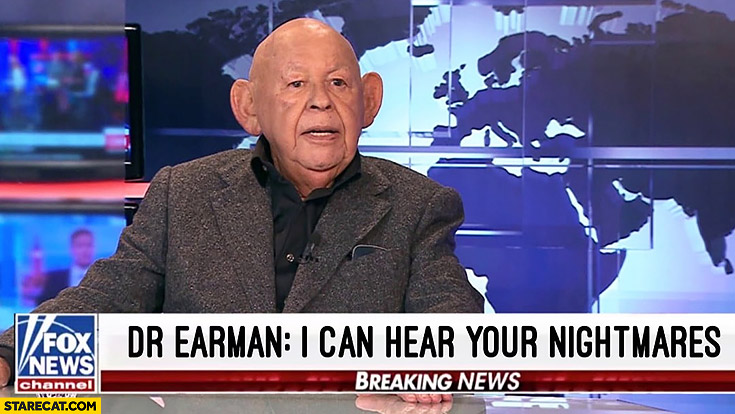

This finding has broad relevance not only to understanding conceptual impairments in AD, but also to theories of development, learning, and conceptual change. The results indicate that unlike healthy adults, AD patients systematically and promiscuously prefer teleological explanations, suggesting that an underlying tendency to construe the world in terms of functions persists throughout life. The study reported here investigated this question by examining explanatory judgments in patients with Alzheimer's disease (AD), whose dementia affects the rich causal beliefs adults typically consult in evaluating explanations. This tendency becomes more selective as children acquire increasingly coherent beliefs about causal mechanisms, but it is unknown whether a widespread preference for teleology is ever truly outgrown. Unlike educated adults, young children demonstrate a "promiscuous" tendency to explain objects and phenomena by reference to functions, endorsing what are called teleological explanations. Given the standard meaning of ‘Humeanism’ in the current debate, my interpretation amounts to the claim that Hume is not a Humean with respect to testimony. 5 I argue for an anti-reductionist account of Hume, one drawn from his discussion of the testimony of history in the Treatise of Human Nature, thus moving away from the usually exclusive focus upon the discussion of miracles in the first Enquiry, upon which the reductionist interpretation is based. 4 turns to anti-reductionism in its contemporary forms and in Reid’s teleological account. It is argued, though, that such an approach is unstable and, in response, Sect. Section 3 develops a local reductionist interpretation of Hume on testimony. The rest of the paper explores alternative interpretations of Hume. He takes Hume’s position to be untenable. 2 I introduce the distinction between global and local reductionism, and Coady’s interpretation of Hume as a global reductionist.

This account of testimony is taken to be found in the section ‘On Miracles’ of Hume’s Enquiry concerning Human Understanding.

1 I spell out the reductionist interpretation of Hume in which the justification possessed by testimonially-acquired beliefs is reducible to the epistemic properties of perception, memory and inductive inference. This terminology has been widely adopted and the reductive approach has become synonymous with Hume. Hume is characterized as a reductionist and Reid as an anti-reductionist. In fact, the medieval song incorporating this phrase - siman tov u’mazal tov, “a good sign, a good constellation” - makes this even more explicit.A contemporary debate concerning the epistemology of testimony is portrayed by its protagonists as having its origins in the eighteenth century and the respective views of David Hume and Thomas Reid. The phrase mazel tov literally means “a good constellation,” implying that the recipient is experiencing good fortune because the stars have aligned for them. Instead, it is customary to say “ b’sha’ah tovah,” (beh-shah-AH toe-VAH) meaning “at a good time.” The implicit wish is that the baby will be born healthy and safe - at which point mazel tov would be an appropriate greeting. Mazel tov isn’t always a perfect substitute for the English “congratulations.” Some people avoid saying mazel tov to a pregnant woman out of superstition that something might happen to the baby. In modern Israeli Hebrew, it is common to congratulate people on their birthday using this phrase. Mazel tov is an appropriate response to any good news, from an engagement to a graduation, a new job, a new house, or any other honor or milestone. One can expect to hear people shout “mazel tov” at celebrations like Jewish weddings just after the glass is broken, at brit milah (bris) ceremonies, and at bar and bat mitzvahs.

In Yiddish and Ashkenazi pronunciation, the accent comes on the first syllable: MA-zel tof. The Hebrew phrase mazel tov (also spelled mazal tov, or mazel tof) literally translated means “good luck.” In practice, mazel tov is usually said to mean “Congratulations!” In modern Israeli pronunciation, it is said with the accent on the second syllable: ma-ZAL tove. My Jewish Learning is a not-for-profit and relies on your help Donate


 0 kommentar(er)
0 kommentar(er)
